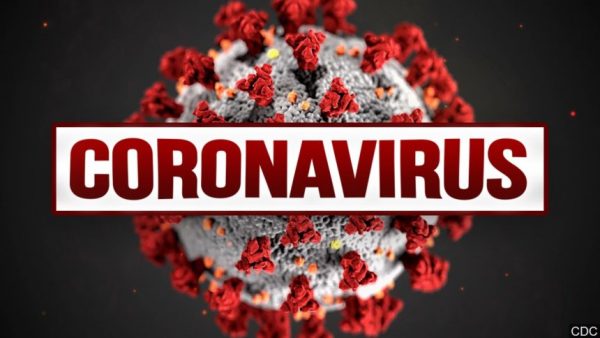The World Health Organization (WHO) on Saturday raised fresh alarm over the ravaging coronavirus pandemic across the world. The global health supervisory team rather than commend the efforts of countries of the world in handling and achieving the recovery of infested coronavirus victims, threatens that there is no evidence that people who test positive to coronavirus and recover are immune and protected from suffering second infection.
WHO, however, did not provide any guidance to guarantee the safety of coronavirus survivors or how sustainable is the survival.
WHO rather in a statement declared: “There is currently no evidence that people who have recovered from #COVID19 and have antibodies are protected from a second infection.
“As of 24 April 2020, no study has evaluated whether the presence of antibodies to SARS-CoV-2 confers immunity to subsequent infection by this virus in humans.”
However, WHO issued the warning as many governments across the world are considering softening the lockdown to commence a gradual re-opening of socio-economic activities, relying on the results medical treatments which has turned many positive tests to coronavirus to negative within a period of isolation and treatment.
WHO contends that the effectiveness of an immunisation with antibodies has still not been established, adding that the available scientific data do not justify the granting of an “immune passport” or a “certificate of absence of risk”.
WHO insisted that there is not yet enough evidence about the effectiveness of antibody-mediated immunity to guarantee the accuracy of an “immunity passport” or “risk-free certificate.”
The organization maintained that, “People who assume that they are immune to a second infection because they have received a positive test result may ignore public health advice.
“The use of such certificates may, therefore, increase the risks of continued transmission.”
WHO further cautioned that the serological tests currently used “need additional validation to determine their accuracy and reliability.”
WHO declared: “People infected with one or the other of these viruses are capable of producing antibodies which interact with antibodies produced in response to infection caused by SARS-CoV-2.”
It highlighted that the tests require to distinguish the immune response to the novel coronavirus from the antibodies produced during an infection by another of the six known human coronaviruses, four of which are widespread, causing mild colds.
The other two, WHO said, are responsible for MERS (Middle East Respiratory Syndrome) and SARS (Severe Acute Respiratory Syndrome).

 Health6 days ago
Health6 days ago
 Entertainment1 week ago
Entertainment1 week ago
 Crime6 days ago
Crime6 days ago
 Education1 week ago
Education1 week ago
 Health1 week ago
Health1 week ago
 Comments and Issues7 days ago
Comments and Issues7 days ago
 Latest7 days ago
Latest7 days ago
 Football1 week ago
Football1 week ago

